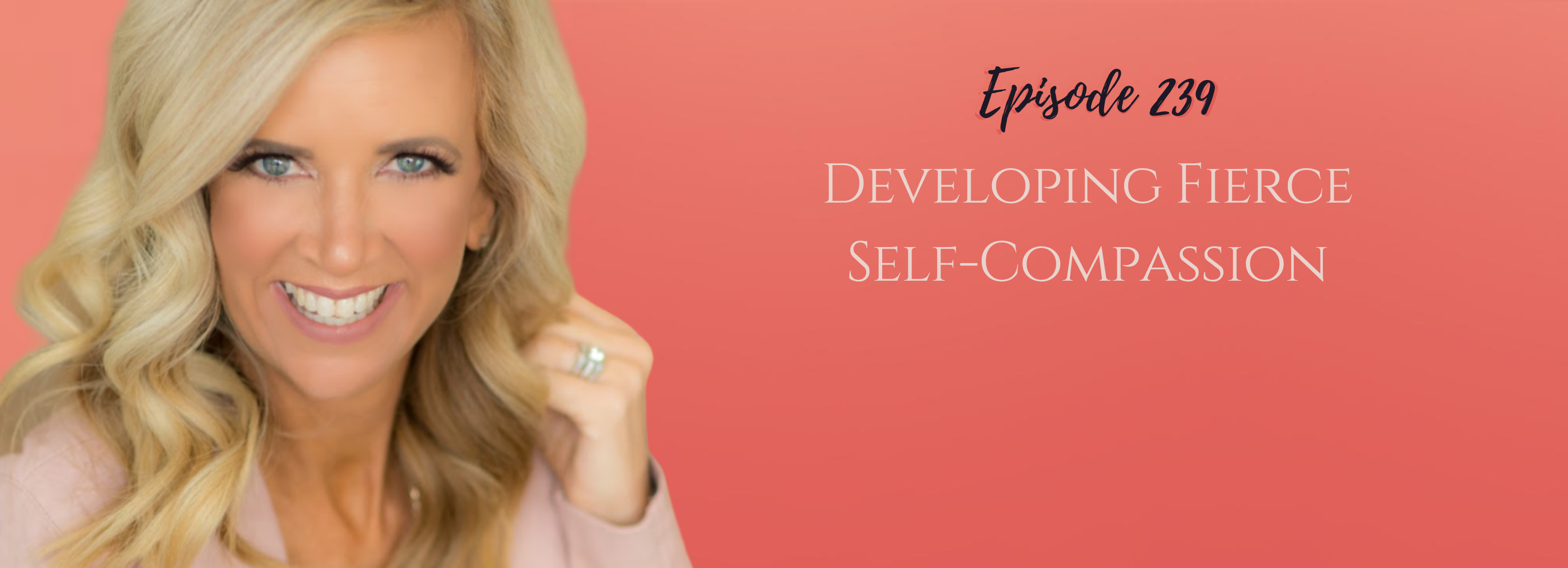
Developing Fierce Self-Compassion with Dr. Kristin Neff|11.15.2023
In this episode, Kristen sits down with Dr. Kristin Neff, a researcher, author, and co-founder of the Center for Mindful Self-Compassion. They delve into self-compassion, distinguishing it from fierce self-compassion, and share practical strategies for nurturing self-compassion.
You'll Learn
- The essential components of self-compassion and how it differs from fierce self-compassion.
- Practical strategies for developing and nurturing self-compassion, especially in the context of parenting.
- The impact of self-criticism on children and teenagers and how to address it with self-compassion.
- The role of empathy and modeling in fostering self-compassion within your family.
- How self-compassion can be a powerful tool for personal growth and well-being, even in the face of self-criticism and shame.
Resources
For counseling services near Indianapolis, IN, visit www.pathwaystohealingcounseling.com.
Subscribe and Get a free 5-day journal at www.kristendboice.com/freeresources to begin closing the chapter on what doesn’t serve you and open the door to the real you.
Subscribe to the Close the Chapter YouTube Channel
This information is being provided to you for educational and informational purposes only. It is being provided to you to educate you about ideas on stress management and as a self-help tool for your own use. It is not psychotherapy/counseling in any form.